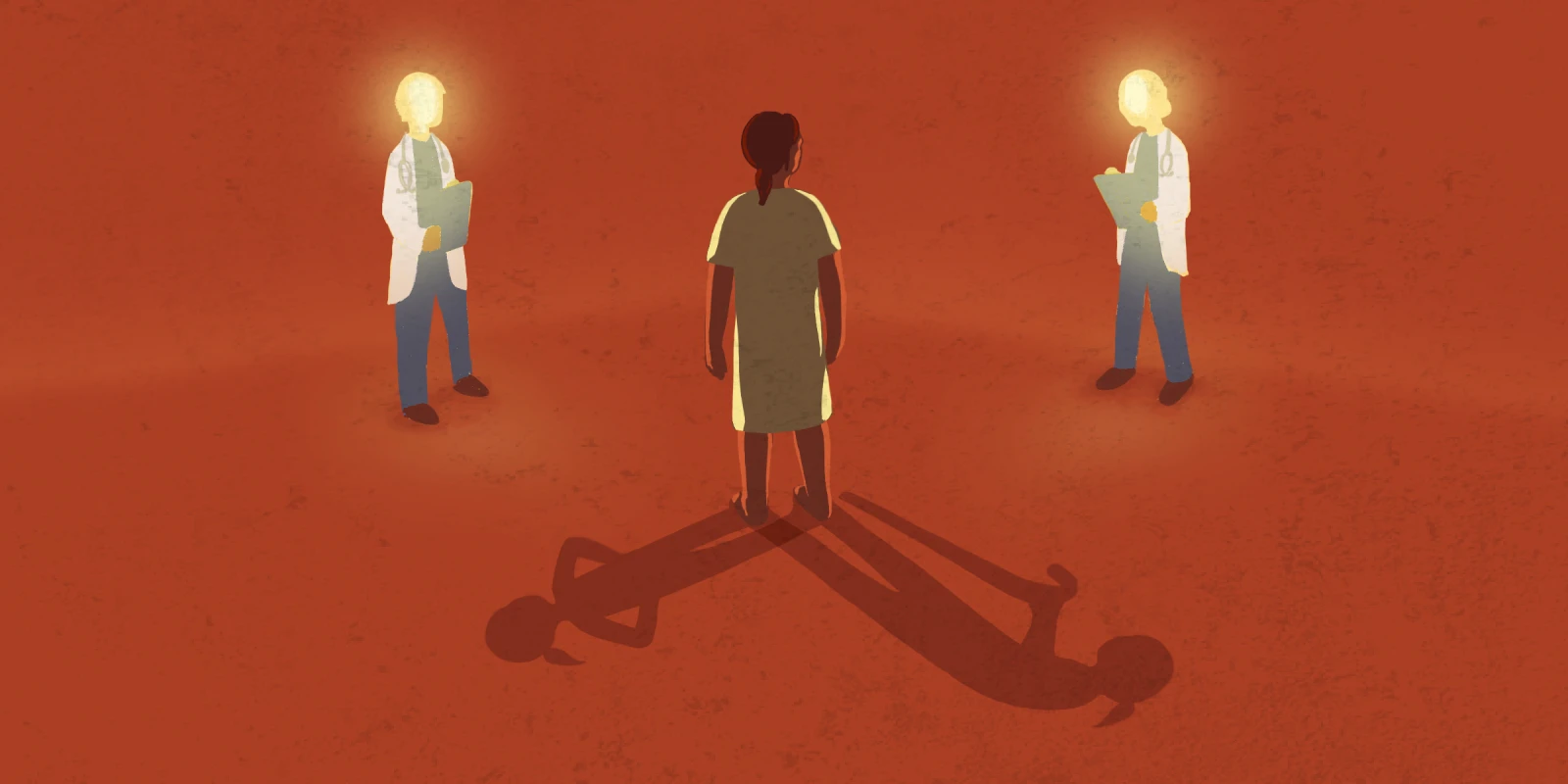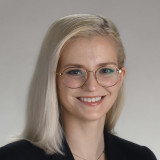Age is a funny thing. Part of my practice involves cosmetic surgery, injectables, lasers — the works. And more than nose jobs or hair restoration or skin resurfacing, people come in seeking help with turning back the clock. They hope for wrinkles to vanish, hollowness to plump, plumpness to tighten. There are gizmos, gadgets, and potions galore promising the return of youth. Others in my field build their whole careers on beating back the signs of aging and restoring the vigor of youth. It’s pretty apparent that our society at large favors youth, as evidenced by the time I referred to a patient born in the 1970s as middle-aged and my attending (also born in the 70s) took that as me calling them old. Whoops.
But as much as I support patients in addressing their concerns, seeing them has made me think about what age actually means. Age is relative based on the setting. A 37-year-old pregnant woman is “geriatric” but someone 10 years her senior would be quite young for a facelift.
There are passing conversations with colleagues about the remarkably well-preserved, delightful 97-year-olds who still drive and work and know not to pick up phone calls from an unknown number because it might be a scammer — or those who on first glance appear aged beyond their years. We especially mourn when disease strikes in those “too young” and have expectations about how patients will tolerate procedures or medications based on their age. Ask any of your anesthesia friends about a teenage wakeup.
Age becomes the most real, however, when those we treat mirror ourselves. As a resident, I cared for a woman less than a year my senior who, after giving birth only a few months prior, was admitted for surgical resection of a rapidly growing tongue mass. She didn’t have risk factors for cancer and was an active and vibrant person. And yet there she was, losing half her tongue to remove the tumor and facing recovery from intense reconstructive surgery with a feeding tube and a tracheostomy tube. Health care workers were seemingly almost afraid to talk about her, speaking in hushed tones about someone “too young” for her disease. Her sweet baby came to visit during her hospitalization, someone definitely too young for the setting, and she wept upon hearing her own voice again when I put a speaking valve on her tracheostomy tube. She recovered beautifully and was determined to push through and beat her cancer, but looking at her hit a little too close to home. I constantly felt a degree of apprehension about how she would fare, more so because I could very well be her. We weren’t separated by the buffer of years and the medically expected increase in health issues.
She and her family, however, considered me young. Many patients I see do. I take it as neither a compliment nor a judgment, but it always makes me think about how much — or little — age means as a medical practitioner. The prolonged course of training for physicians means we are often first independent in practice in our 30s or later, a full decade or more after our nonmedical friends and family may have started their career. While you may be a fully grown adult with a family outside of the hospital, inside it, you are a trainee, a wobbly kneed newborn foal trying to get its feet underneath itself. The level of training trumps chronological age. Some attendings are younger than their residents, some interns older than their chiefs. While sometimes this can border on infantilization, it is also freeing for age to be somewhat irrelevant, so different from the patients I see. As I transition from resident to fellow to attending, I still feel young in many ways — the career I’ve worked so hard for just beginning. And the trainees always need volunteer patients to practice anti-aging techniques on. So who knows, maybe I’ll be young forever.
Share your perspective on aging in medicine below.
Heather is the inaugural Facial Plastic and Reconstructive Surgery fellow at Penn State. Her clinical interests include patient communication, medical education, facial reanimation, and complex reconstructive surgery. Heather was a Doximity Op-Med Fellow in the 2021–2022 cycle as well as the 2022–2023 cycle, and continues as a 2023–2024 Doximity Op-Med Fellow.
Illustration by Diana Connolly







